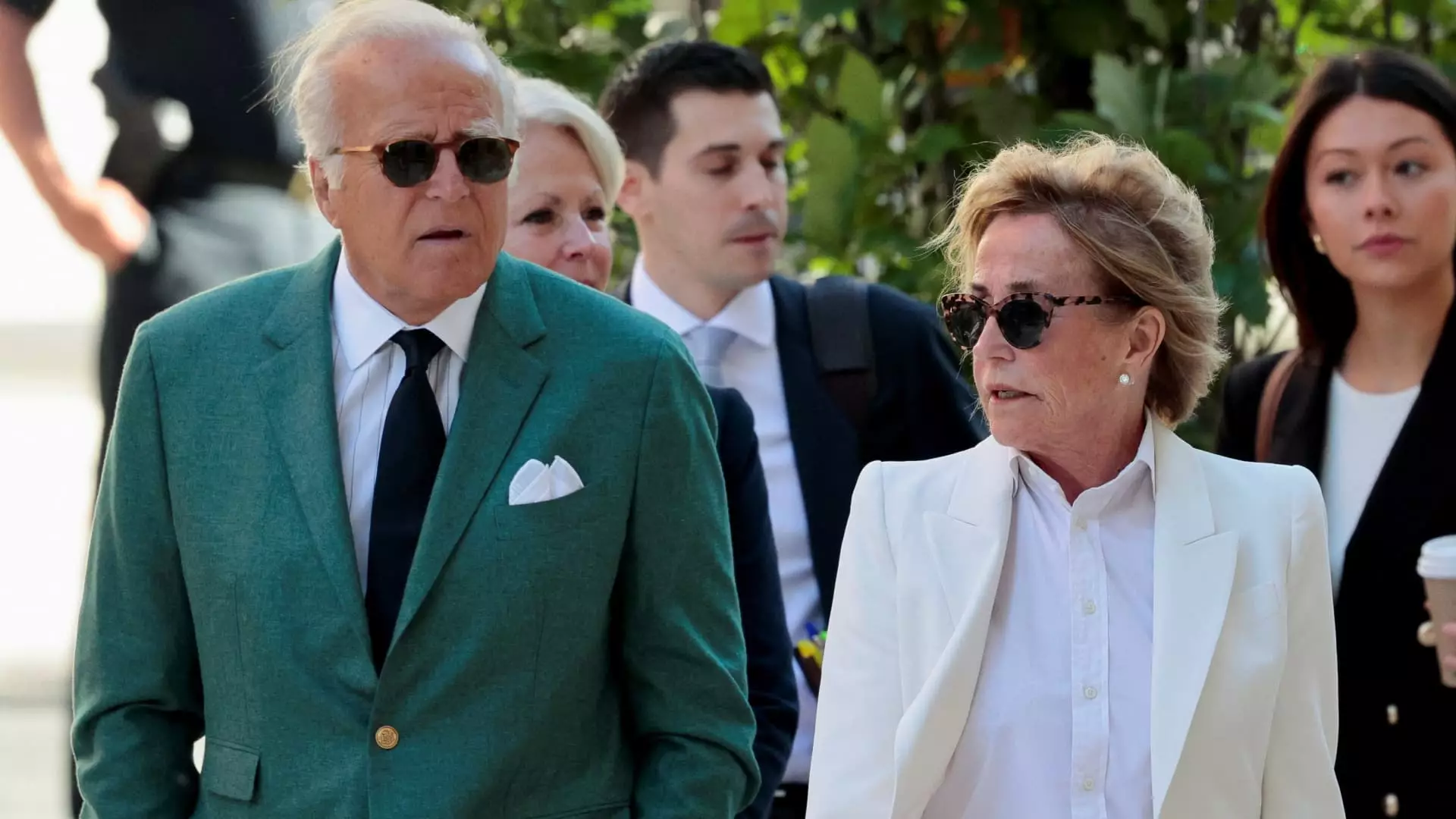As the divide in American political landscape deepens, presidential pardons have increasingly come to symbolize the intersection of power, family loyalty, and political maneuvering. In the latest chapter of this unfolding saga, President Joe Biden issued pardons for five individuals closely connected to him—his siblings and their spouses—amid claims of “baseless and politically motivated investigations.” This move highlights not only Biden’s concerns for his family’s well-being but also raises questions about the motivations behind such pardons and their implications for the fabric of American democracy.
A Temporary Respite from Political Scrutiny
On a day that seemed foreboding for those aligned with the Biden family—coinciding with the swearing-in of President-elect Donald Trump—Biden’s preemptive pardons stand out as an act of familial protection. The individuals pardoned include James Biden, his wife Sara, Valerie Biden Owens, her husband John Owens, and Francis Biden. This strategic timing suggests that Biden is using the power of his office to shield his loved ones from what he perceives as an imminent threat; a response not merely to allegations but to a culture of personal and political attack which has become pervasive in contemporary American politics.
Biden explicitly stated that granting these pardons should not be interpreted as an acknowledgment of wrongdoing. This distinction raises complex questions about ethics and accountability. In essence, a pardon—a tool inherently designed to absolve wrongdoing—appears to be wielded not as a gesture of clemency for genuine mistakes but rather as a political shield.
Beyond his family, Biden also extended pardons to other public figures, including Gerald Lundergan, a former chairman of the Kentucky Democratic Party, and Ernest Cromartie, a former South Carolina councilman. This broadening of the scope suggests an attempt to craft a narrative of inclusivity and fairness amidst partisan strife. However, the specific focus on individuals connected to Biden invites scrutiny about whether such pardons serve a broader purpose, such as fostering goodwill among influential Democratic figures or drawing attention away from investigations that threaten his presidency.
One critical perspective is that by preemptively pardoning individuals entangled in legal controversies, Biden may inadvertently set a precedent for future administrations. Such actions could be interpreted as creating a pathway where political figures might seek immunity through familial or political connections. The implications of this could stretch far beyond the current administration as it could lead to a normalization of political shielding practices, ultimately eroding public trust in the justice system.
Biden articulated a powerful sentiment regarding the toll of partisan investigations on families—implying that these investigations, regardless of their outcome, can inflict lasting damage on reputations and financial stability. This serves as an important reminder of the collateral damage of political warfare, an aspect often overshadowed in the broader discussions of accountability and truth-seeking in governance.
Moreover, Biden’s comments on the “unrelenting attacks” his family has faced reveal the deeply personal dimensions of his political experiences. This reality resonates with voters who have witnessed the often-grueling nature of political life, where personal and familial integrity is subjected to ruthless public scrutiny. Yet, it also raises critical questions about the integrity of the political system—is justice being served, or are political tools being weaponized against opponents and their families?
The issuance of these pardons by President Biden encapsulates a dual role of the presidency as both a political and familial institution. The act portends a protective instinct from a leader, conscious of the limitations imposed by the divisive political climate. However, the motives lingering beneath these pardons cannot be overlooked; they reveal a complex interplay between power, familial loyalty, and the grim realities of political investigations.
As the nation grapples with its own polarized realities, Biden’s decisions may ultimately reflect a tone of desperation to shield his family while signaling a deeper challenge inherent in the quest for political integrity. The aftermath of these actions will continue to unfold, leaving us to ponder the long-term consequences on the political landscape and the very essence of justice in America.


Leave a Reply